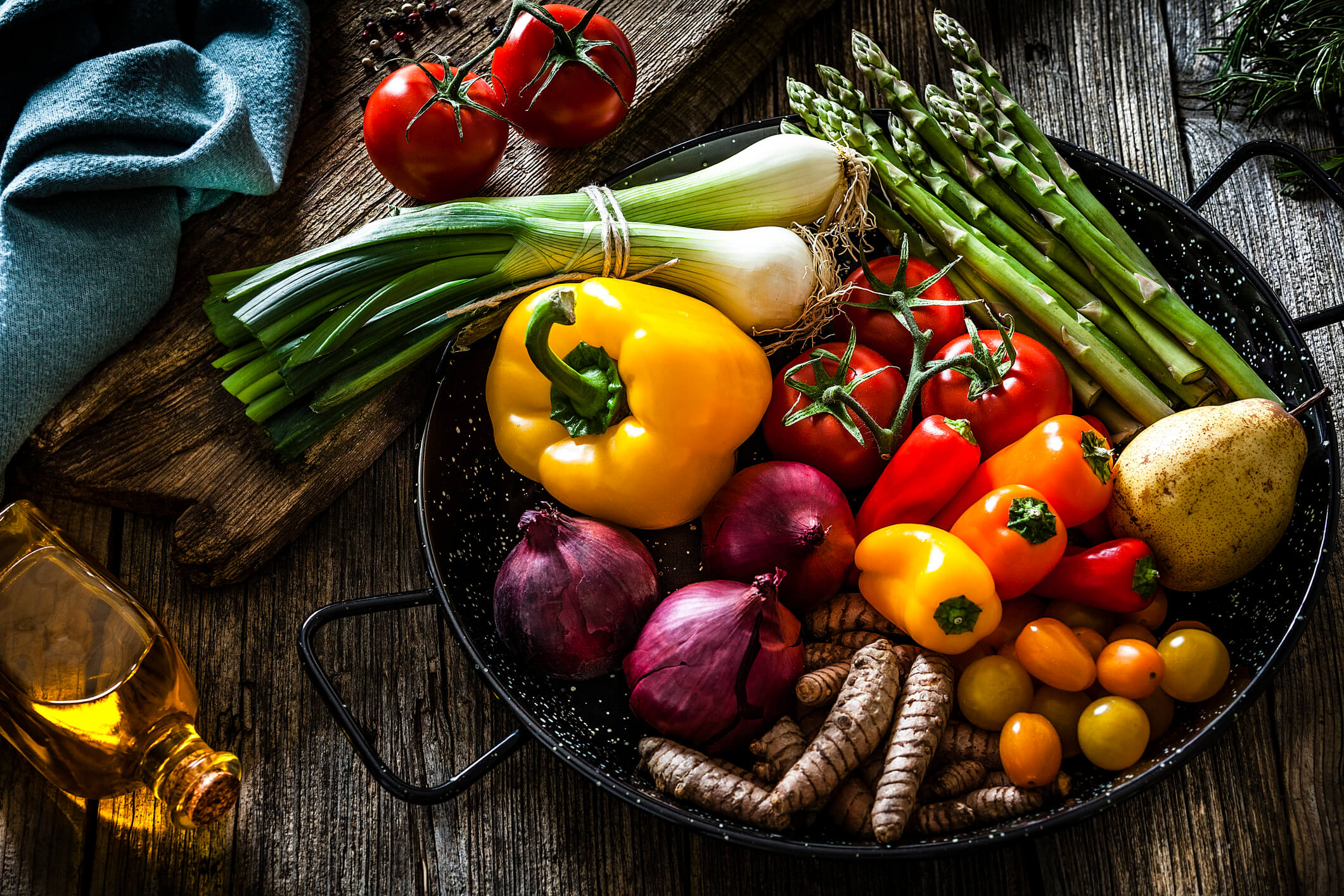Organic food has become increasingly popular in recent years due to its perceived health benefits and environmentally friendly production methods. But what exactly is organic food, and is it worth the extra cost? In this article, we will explore the definition of organic food, the benefits of consuming organic products, and some key facts to keep in mind when making informed choices about your food.
What is Organic Food?
Organic food refers to food that is grown or produced without the use of synthetic pesticides, fertilizers, antibiotics, growth hormones, or genetically modified organisms (GMOs). The production of organic food relies on sustainable farming practices that prioritize soil health, biodiversity, and animal welfare. Organic farmers focus on using natural methods to control pests and diseases, such as crop rotation, companion planting, and natural predators.
Benefits of Organic Food
Nutritional Value: Organic fruits and vegetables are grown in soil that is rich in nutrients and free from harmful chemicals. Studies show that organic produce has higher levels of antioxidants, vitamins, and minerals compared to conventionally grown produce www.healthandpersonalcare-products.com.
Better Taste: Organic food often has a richer and more vibrant taste because it is allowed to ripen fully on the vine rather than being picked prematurely and then ripening during transport.
Environmental Benefits: Organic farming methods prioritize sustainability and biodiversity, which helps to preserve natural resources and support local ecosystems. Organic farming also reduces pollution and greenhouse gas emissions by avoiding the use of synthetic fertilizers and pesticides.
Health Benefits: Many people choose organic food to avoid consuming synthetic pesticides and fertilizers, which have been linked to negative health effects such as cancer, hormonal imbalances, and neurological damage. Organic meat and dairy products also contain fewer antibiotics and growth hormones, which can have negative effects on human health.
Facts about Organic Food
Organic food is not always more expensive than conventionally grown food. While organic food can be more expensive at times, it is important to compare prices and shop around for the best deals. In some cases, organic food may even be cheaper than conventionally grown produce, especially when buying in-season or local produce.
The organic certification process is rigorous and regulated. To be certified organic, a farm must go through a thorough inspection process to ensure that it meets strict standards for soil health, pest management, and animal welfare. Organic certification is overseen by the USDA and other international organizations.
Eating organic food can help to reduce pesticide exposure findoutcbd.com. While conventional produce may contain trace amounts of pesticides, organic produce is grown without the use of synthetic pesticides or fertilizers. By choosing organic, you can reduce your exposure to these harmful chemicals.
Organic farming can help to support local communities. By buying organic produce from local farmers, you can support small-scale agriculture and help to promote sustainable farming practices in your community.
In conclusion, organic food offers numerous benefits for both our health and the environment. While it may cost slightly more in some cases, the long-term benefits of consuming organic products are well worth the investment. By choosing organic, you can support sustainable farming practices, reduce your exposure to harmful chemicals, and enjoy delicious and nutritious food that is good for you and the planet.

No comments:
Post a Comment